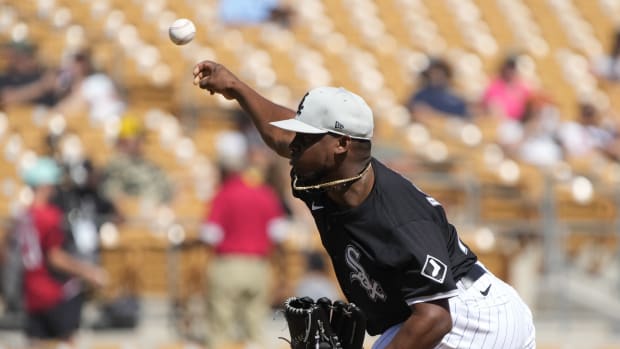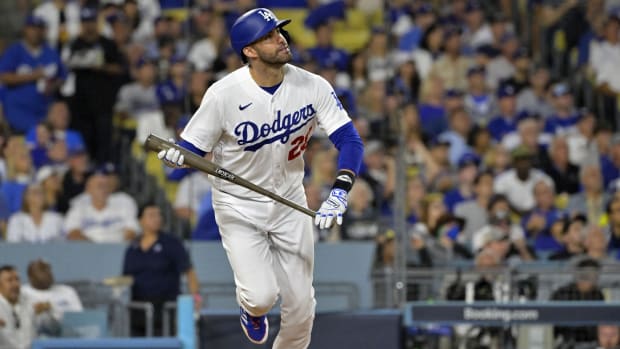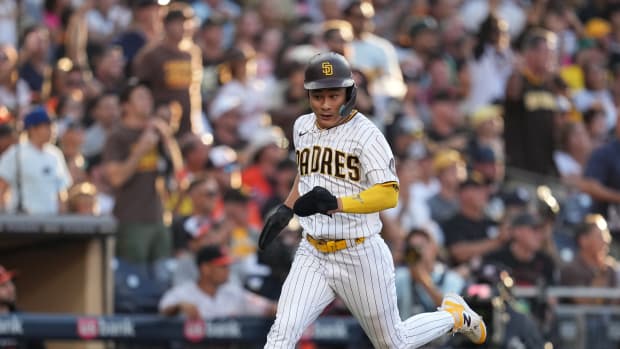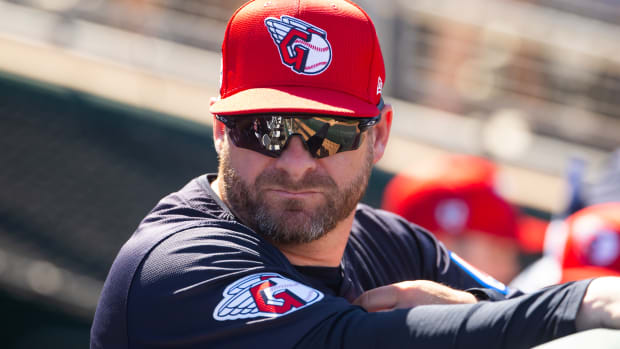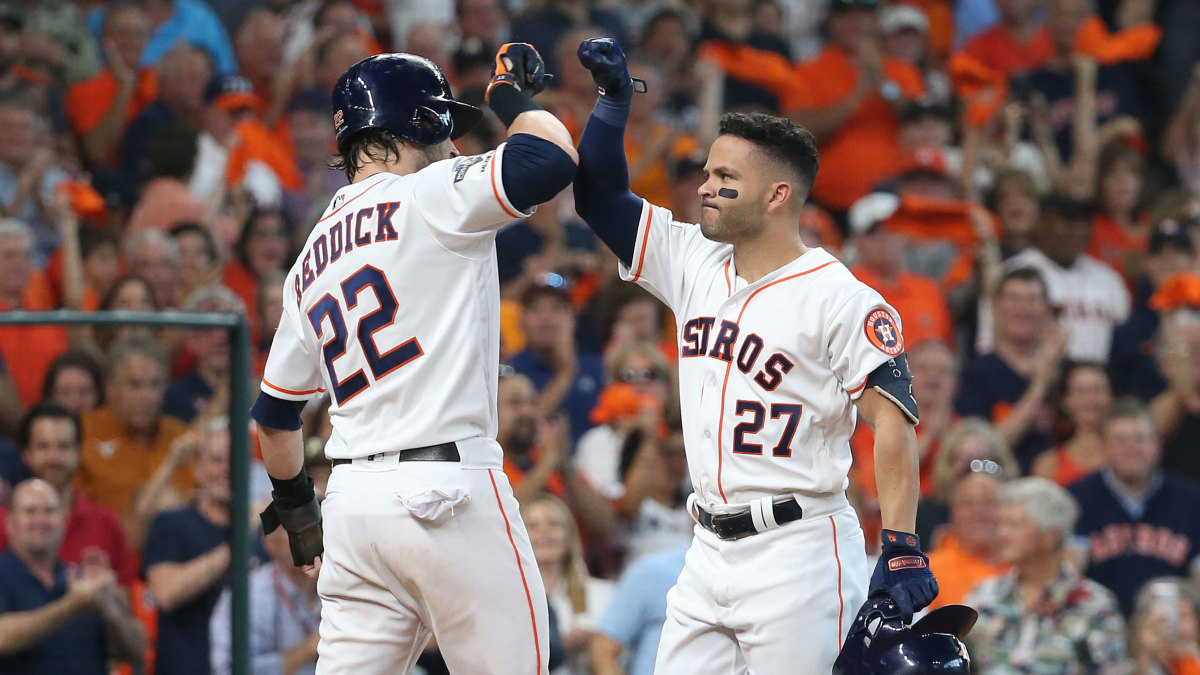
Three Questions That Will Define the Yankees-Astros ALCS
With chaos erupting in the two National League Division Series Game 5s, the American League avoided a similar fate when the Astros fended off the spunky Rays in Thursday night’s winner-take-all contest. All is right in the AL world with the league’s two juggernauts, Houston and the Yankees, meeting in the Championship Series. It's a rematch of the thrilling, seven-game slate from 2017 that sent the eventual World Series-winning Astros to the Fall Classic.
Let’s break down the three questions that will decide this edition of Astros-Yankees.
Can the Yankees beat the Astros’ Big 3 starters?
Everyone was ready to give the Astros the Commissioner’s Trophy when they acquired Zack Greinke in the waning moments before the trade deadline, giving them the best rotation trio in baseball. Greinke, an ace in his own right, joining the first pair of teammates to each reach 300 strikeouts since Randy Johnson and Curt Schilling? How can you beat them?
Of course, you can beat them, and the Rays almost did. They took Houston to five games, including winning Game 4 against Justin Verlander (albeit, on short rest). New York took the Astros to seven games in 2017 despite striking out 70 times with 11 walks. The biggest knock on those Yankees was they were too reliant on the home run. This season’s Yanks surely hit their home runs (306, second most all-time, behind this year’s Twins), but they can win without the long ball because they can score without it. In the three-game ALDS against the Twins this week, the Yankees homered five times and scored 23 runs, with four of those being solo shots—the other was Didi Gregorius’ grand slam in Game 2—meaning that 15 runs scored without a home run.
On the flip side, a reliance on home runs can be favorable for the Yankees vs. the three-headed monster of Verlander, Cole and Greinke. Perhaps the only way to beat Verlander this year is to go yard. He posted the fifth-best single-season WHIP in MLB history (0.803) but he gave up more homers (36) than in any other season in his 15-year career.
Bottom line: The Yankees can beat the Big 3 if they cash in on the long ball—but don't rely solely on it—and this lineup is more equipped to do that than the 2017 group.
Can the Astros’ bats best the Yankees’ deep bullpen?
Yes. The Yankees’ bullpen is a gauntlet of shutdown relievers, both lefties and righties. And most of them are well rested after a relatively light ALDS load and four days rest between their series-clincher and ALCS Game 1. But, if ever there was a lineup to wear out New York’s bullpen of closers, it’s the Astros.
It’s almost a foregone conclusion that the Yanks will go to their ‘pen before Houston; all three of their ALDS starters were relieved before the sixth inning. That strategy can work in a best-of-five series that goes only three games, all of which were decided by at least four runs. However, if the Yankees have a shot at winning, their relievers are going to be in more high-leverage situations than not. In tight games, generally, more is asked of a bullpen. This season, the Astros ranked third in the NL with a .800 OPS and third in MLB with 436 runs scored against relievers.
Also, the Yankees’ bullpen is built around swing-and-miss pitchers with gaudy strikeout rates, with the exception of Zack Britton, a sinkerballer who gets a lot of ground ball outs. Houston’s hitters struck out less than any other team in baseball. Putting the ball in play is the Astros’ speciality, and if they can avoid striking out against the Yankees’ bullpen, they’ll have a better shot at scoring late in games.
Who has the edge in Game 4?
So this is where the Yankees can thank the Rays for pushing the ALDS to five games and beating Verlander on short rest. Now, in Game 4 the Astros will have to either use lefty Wade Miley against the Yankees heavily righthanded lineup, throw Greinke on three days rest or turn to rookie righthander Jose Urquidy in a hostile Yankee Stadium postseason environment with possibly a World Series appearance on the line.
Meanwhile, for all their rotation woes this season, the Yankees can turn to J.A. Happ—their ALDS Game 1 playoff starter last year—or they’ll use Chad Green as an opener. They’ve fared well in bullpen games this season, and Green has been excellent as both an opener and a high-leverage reliever since returning to the big-league roster after an early-season demotion.































